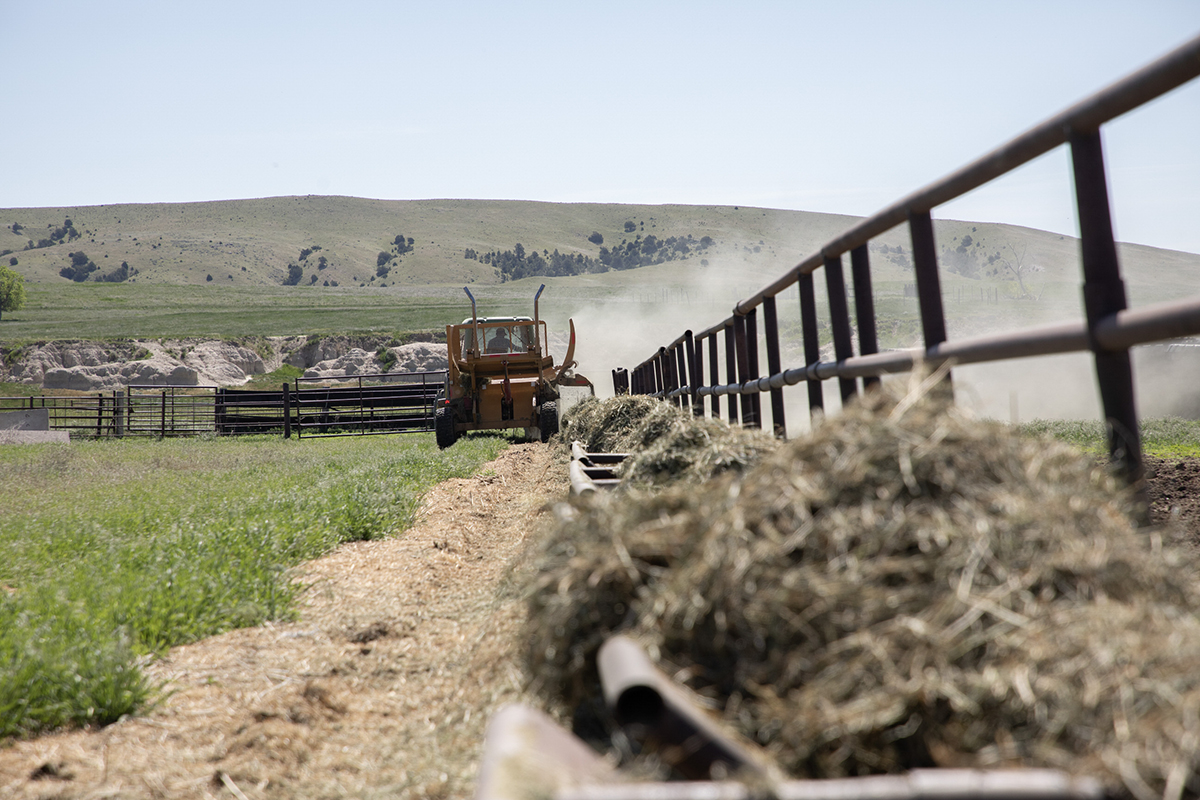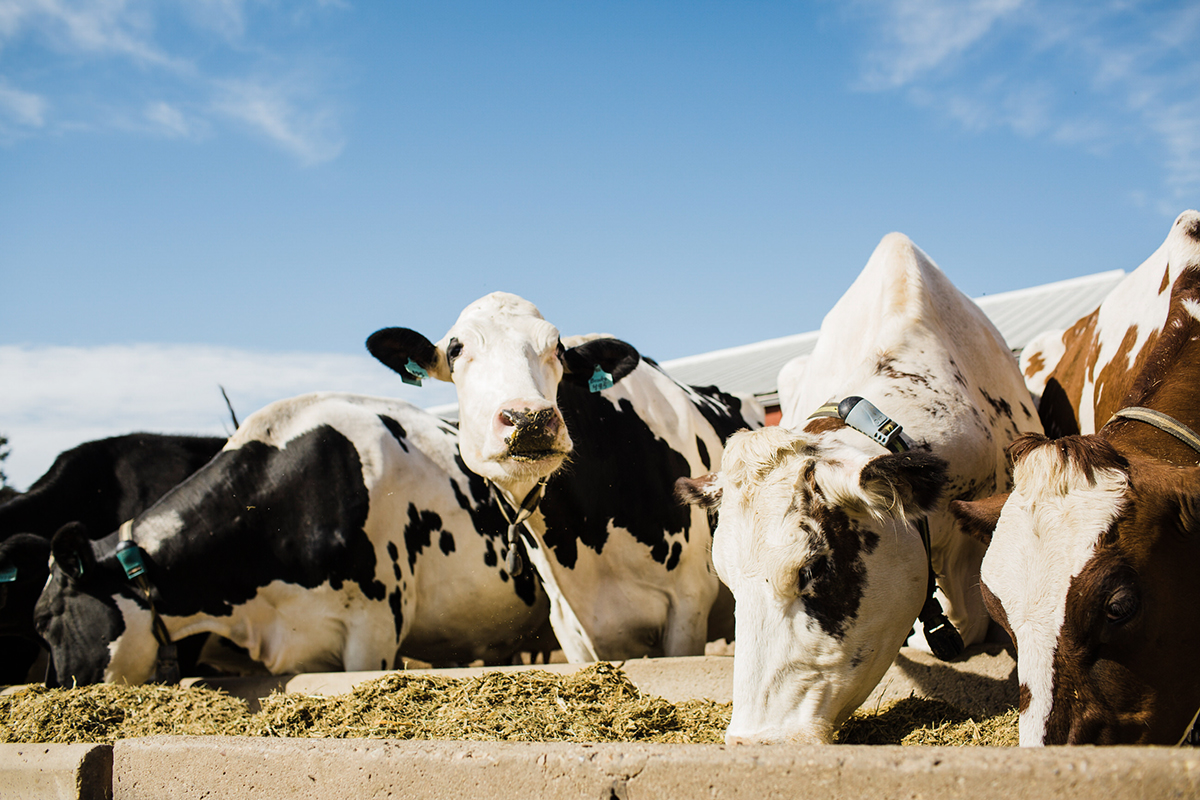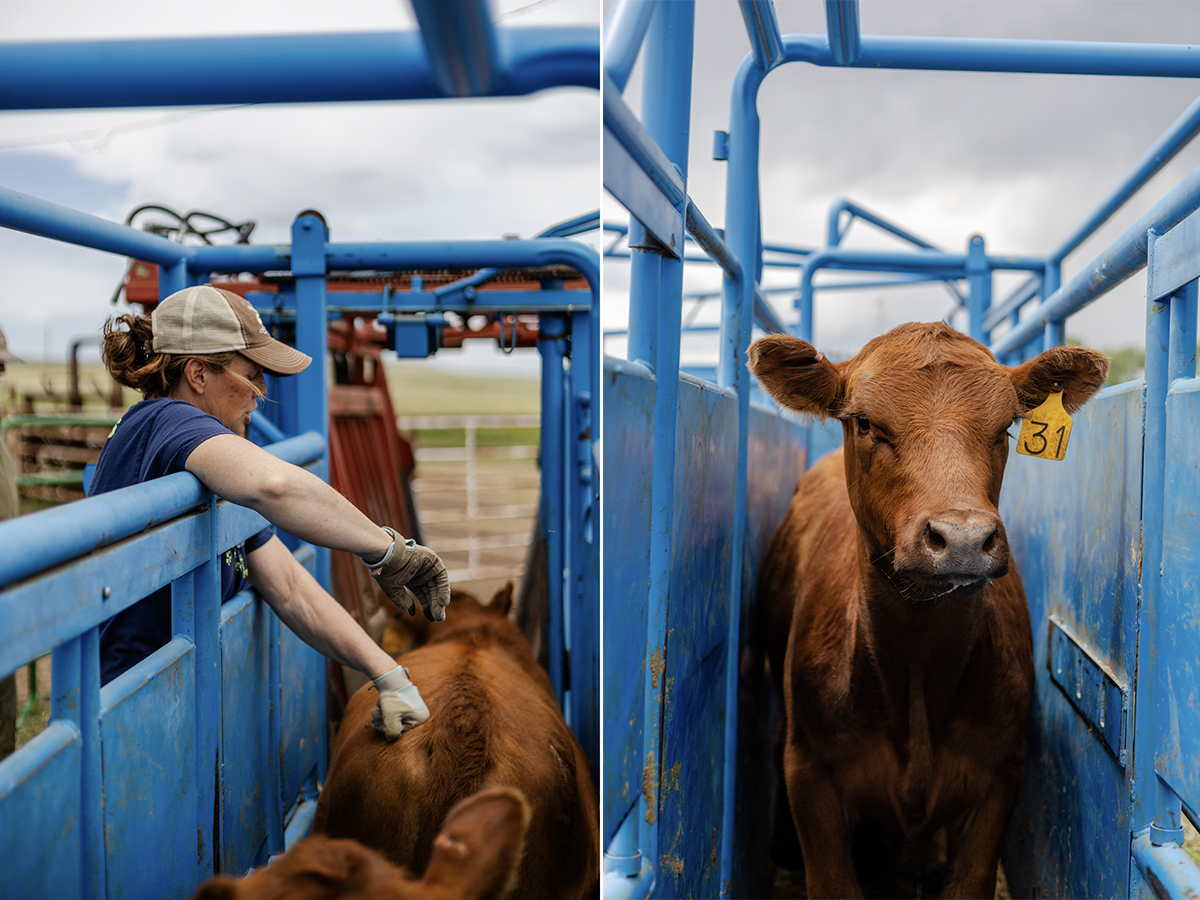
By Zach Pinto
Although practices like forage plantings, rotational grazing, and digesters are often in the spotlight, a new category of interventions centered on productivity is rapidly gaining traction within beef and dairy industries. At AgSpire, we’re seeing rapid momentum around productivity-based interventions in agriculture, which we define as any changes in herd management, feed management, or reproduction management practices that reduce greenhouse gas emissions while improving operational outcomes.
Boosting Productivity for Supply Chain Sustainability
The growing popularity of productivity-based interventions can be attributed to their “stickiness” – or, how likely they are to be adopted and sustained over time.
Productivity-based interventions in agriculture often deliver quicker gains by improving profitability, increasing efficiency, reducing costs, or boosting yields. By comparison, practices aimed at soil carbon sequestration (like cover crops or no-till) can be valuable for long-term resilience but may take several seasons to generate a positive return on investment. That difference makes productivity-focused practices especially appealing to producers looking for a well-rounded approach to operational improvement, longevity, and profitability.

How Productivity Enhancements Drive Scope 3 Gains
Over the past year, AgSpire has supported productivity-focused programs in the beef and dairy sectors, from early pilots to now full-scale implementation. Notably, each has shown strong potential for Scope 3 impact.
As we expand these efforts, we’ve identified three key insights that underscore the value of productivity-based interventions in delivering credible and scalable GHG reductions for supply chain partners:
Flexibility increases adoption:
While single productivity interventions can yield results – they are best offered in a menu of options. Like crop and pasture acres, every herd is different. Choice enables the producer to select approaches that will work for their operational characteristics, goals, and risk tolerance.
For example, in our Q2 2025 Producer Insights Report, we highlight a program in which every participating producer selected at least 2 and as many as 6 practices. While the program only required selecting one practice to participate, giving producers more options gave the flexibility to find more holistic and more impactful solutions.
Low-cost, quick reward:
Many productivity interventions do not require significant upfront capital investment. Unlike technologies such as digesters or new irrigation systems, or certain seeding practices, many productivity enhancements are performance-based and therefore accessible without large financial barriers.
In another program we managed which focused on feed efficiency, producers were able to lower their feed requirements while maintaining calf sale weights – seeing positive benefit within a single season. As a result, this example shows how productivity gains can translate into environmental and financial benefits in just a few months.
Benefits beyond the farm:
Finally, productivity-based interventions often generate impacts that extend beyond the boundaries of a participating farm. For example, vaccinating beef cattle during the cow-calf stage can improve productivity throughout the animal’s lifecycle, including during the feedlot phase.
Making Real Progress
Ultimately, productivity-based interventions represent a promising pathway for creating resilient, efficient, and economically viable agricultural systems that deliver meaningful environmental outcomes. As we move from pilot to scale, AgSpire is ready to help you turn sustainability ambition into tangible outcomes, by designing and implementing programs that meet the needs of both your business and the producers in your supply chain.
About the Author
ZACH PINTO, Director of Carbon and Ecosystem Service Markets
Zach promotes company strategy and client success by assisting industry groups, food and ag companies, and farmers on their sustainability goals. Zach has worked on carbon issues for stakeholders across the agriculture value chain and in a wide array of commodities, developing expertise in farm-level carbon accounting, MRV platform usage, voluntary and compliance market schemes, science-based targets, ESG reporting, and strategic planning
